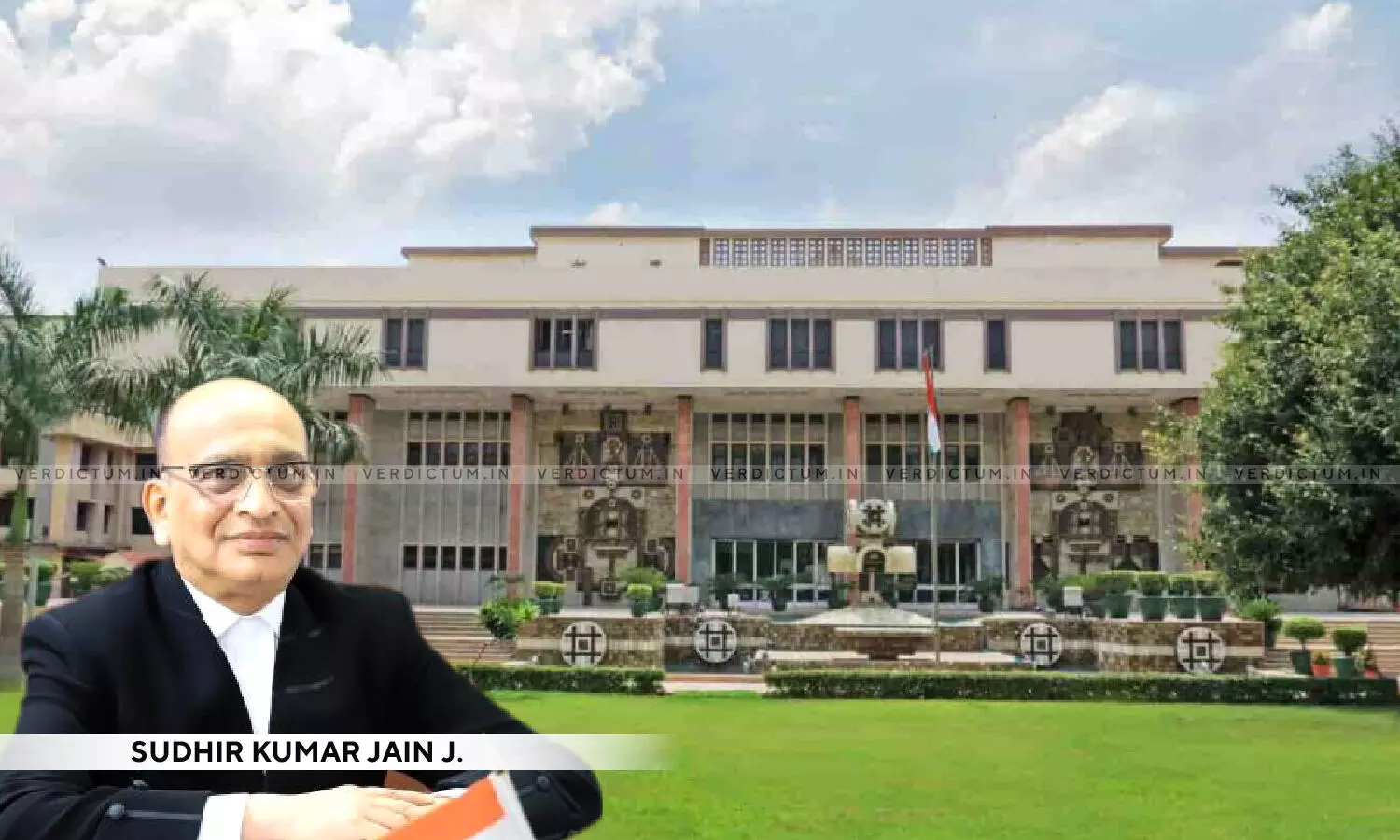
Question Whether Rape Accused Is Engaged In Physical Relations With Or Without Prosecutrix’s Consent Is Matter Of Trial: Delhi HC While Granting Anticipatory Bail
 |
|Observing that the petitioner and the prosecutrix were acquainted with each other and that the question of whether the petitioner had engaged in physical relations with the prosecutrix with her consent or not was a matter for trial and cannot be determined without evidence, the Delhi High Court granted anticipatory bail to a government employee accused of rape.
A Single Judge Bench of Justice Sudhir Kumar Jain observed that “The prime allegation which is reflecting from the FIR and the statement of the prosecutrix under section 164 of the Code is that the petitioner had physical relations with the prosecutrix on the pretext of marriage. The first alleged incident had happened in the month of March 2023 but the FIR was got registered in the month of July 2023. The prosecutrix did not disclose the alleged forcible sexual relation with her by the petitioner for more than 04 months. The petitioner and the prosecutrix were known to each other”.
The Bench further added that “Although the prosecutrix has improved her version in the statement under section 164 of the Code, the issue whether the petitioner had physical relations with the prosecutrix with her consent or not is a matter of trial and cannot be decided without evidence. The petitioner is stated to be a government employee. There is no risk that the petitioner would flee from the trial”.
Advocate Sanjeev Kumar Jha appeared for the Petitioner, whereas APP Utkarsh appeared for the Respondent.
The brief facts of the case were that, an FIR was registered based on the prosecutrix’s statement. In July 2022, the prosecutrix and the petitioner, were engaged. However, the petitioner's family allegedly began demanding dowry from the prosecutrix’s family. Thereafter, on two occasions, the petitioner allegedly engaged in unwanted physical contact with the prosecutrix, with her father giving cash to the petitioner under pressure. It was alleged that the petitioner's father had demanded Rs. 10 lakhs in dowry, which the prosecutrix 's father could not afford. As a result, the petitioner refused to marry her, and the prosecutrix accused him of engaging in physical relations under false pretences.
The petitioner's counsel argued that the petitioner and the prosecutrix's marriage was called off because the prosecutrix and her family had not disclosed her medical conditions. It was contended that the present FIR was an attempt to harm the petitioner's career, as he was a government employee working for the railways, and the marriage was called off by the petitioner's father.
The counsel highlighted that the delay of approximately five months in lodging the FIR had not been adequately explained by the prosecutrix. Furthermore, they argued that the allegations in the FIR did not suggest that the petitioner had no intention to marry the prosecutrix and had made false promises from the outset.
After considering the submission, the Bench observed that the primary allegation in both the FIR and the statement of the prosecutrix was that the petitioner had engaged in physical relations with the prosecutrix under the pretext of marriage.
The Bench found that the first alleged incident occurred in March 2023, yet the FIR was not filed until July 2023. Notably, the prosecutrix did not disclose the alleged forcible sexual relations with the petitioner for over four months.
The Bench acknowledged that although the prosecutrix's statement under Section 164 of the CrPC showed some improvements, the issue of whether the petitioner engaged in physical relations with the prosecutrix with or without her consent was a matter to be decided during the trial.
The Bench also noted that the petitioner was a government employee, and there was no perceived risk that he would attempt to evade the trial.
Thus, considering all the facts, the High Court granted the petitioner bail in the event of his arrest.
Cause Title: Sushant Kumar v. The State [Neutral Citation: 2023: DHC: 7744]
Click here to read/ download the Judgment